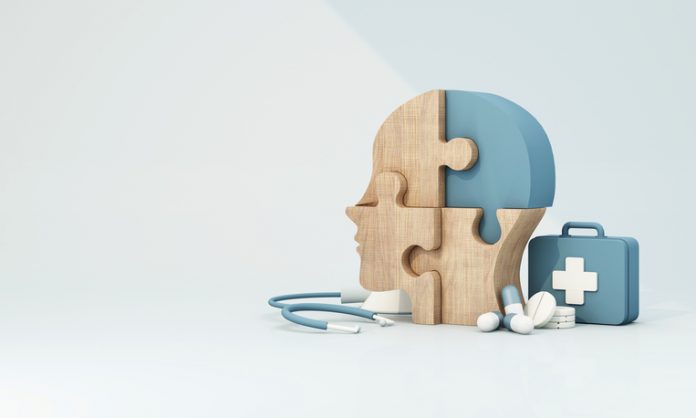A serious disconnect between emergency departments and the NDIS is failing people with mental health conditions, as new research from the University of South Australia shows that they frequently receive inadequate care within emergency departments, potentially putting thousands of vulnerable people at risk.
Funded by MIND Australia, the world first study found that people with psychosocial disabilities – people who live with disabilities as a result of poor mental health – not only experience distress when dealing with the NDIS, but also face ‘service pullback’ when they present to emergency departments when requiring emergency care.
UniSA researcher and PhD candidate Heather McIntyre says that the disconnect between the NDIS and emergency departments is failing people with psychosocial disabilities.
“Time and time again we hear about people experiencing distress when they contact the NDIS – they fight to be heard, fight for support, and are often dismissed, so the last thing they need is to go through this again when they require emergency care,” McIntyre says.
“This is particularly concerning for people with a mental health condition, especially those with fluctuating psychosocial disabilities who may struggle with communication.
“Because many emergency department staff aren’t aware of the limitations of NDIS supports, they wrongly assume that the NDIS provides a higher level of care than it does.
“This leaves many people with a psychosocial disability being discharged at emergency without appropriate treatment and returned to the situation that caused them to present in the first place.
“It’s an inequitable and unsafe approach that is putting thousands of people at risk.”
McIntyre says there is an urgent need to strengthen service integration between the NDIS and emergency departments.
“Communication between the two services is not occurring seamlessly, which affects continuity of care. This needs to change,” McIntyre says.
“We must start at the pointy end: emergency department clinicians need more training and education to better understand how the NDIS works and how to best support people with a disability.
“They need to learn how to support people with neurodiversity and hearing impairments, how to build trust and how to really listen, as well as to provide low sensory environments.
“But equally, stronger connections and pathways must be established between NDIS providers and emergency departments so that everyone is on the same page.
“With budget cuts to the NDIS of 14 billion over the next four years, peoples’ disability supports will further be reduced, resulting in more emergency department presentations when supports are insufficient.
“In emergency departments we need to step up care, not ration care, if we are to support people with disabilities who already feel abandoned by the health system.”









